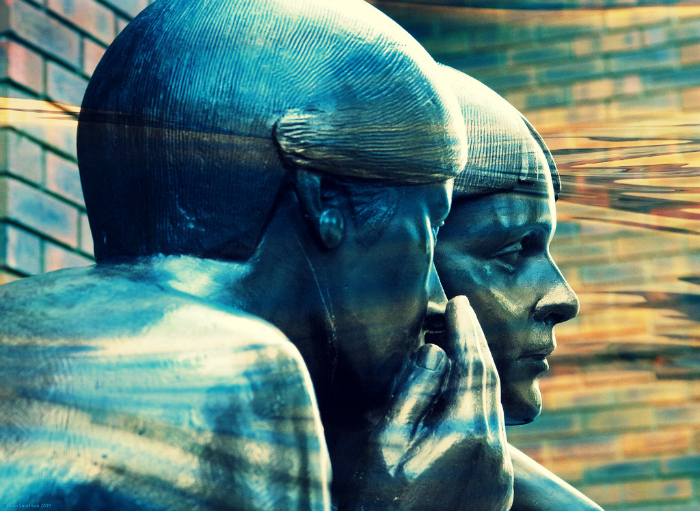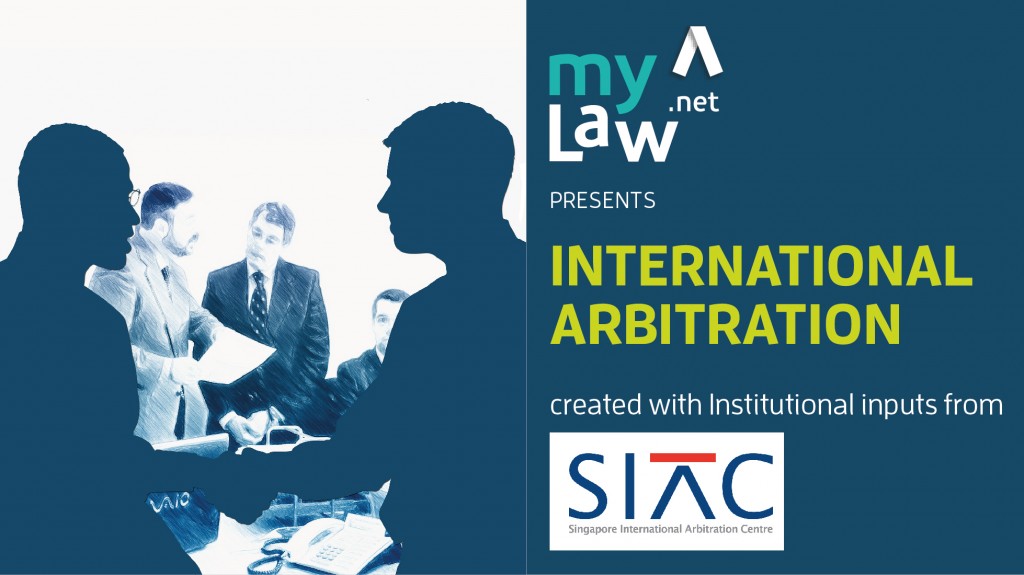 When the Supreme Court bench headed by Justice H.L. Dattu ordered the disclosure of the identity of the whistle-blower who had leaked information about the visitors’ logbook at the CBI Director’s house, it went against everything the Whistle-blowers Protection Act, 2011 seeks to achieve and protect. Prashant Bhushan, representing the Centre for Public Interest Litigation, pleaded for the recall of this order and the Supreme Court eventually agreed to hear the allegations against the CBI Chief without looking for the source.
When the Supreme Court bench headed by Justice H.L. Dattu ordered the disclosure of the identity of the whistle-blower who had leaked information about the visitors’ logbook at the CBI Director’s house, it went against everything the Whistle-blowers Protection Act, 2011 seeks to achieve and protect. Prashant Bhushan, representing the Centre for Public Interest Litigation, pleaded for the recall of this order and the Supreme Court eventually agreed to hear the allegations against the CBI Chief without looking for the source.
Even though it was recalled, the Supreme Court’s order also ignored the uncodified but long-standing international recognition of a journalist’s right, known as the journalistic privilege, to be protected from having to disclose anonymous sources in a court of law. There are a number of reasons why this privilege should extend to cases like this as well.
The main principle behind journalistic privilege has very little to do with journalists themselves. In order to fulfil their duties in a democracy, the press often have to rely on anonymous sources and without a strong legal guarantee of anonymity, very few people would come forward and furnish information. Such fear remains a deterrent irrespective of whom the informant contacts. While it is more common to contact a journalist with sensitive information, people who disclose information about unlawful activities to the public need to be protected irrespective of whether the disclosure was made to a journalist or a lawyer. It is the severity of the risk that warrants protection and not the identity of the person to whom the disclosure is made.

Journalistic privilege elsewhere
Over twenty countries in the world have enacted laws which give their reporters ‘absolute and unqualified privilege’ for the protection of their confidential sources. This means that the law recognises this right as so fundamental to the existence of free speech that no other interest can override it. Apart from a few states of the United States, such an absolute privilege is found in Mexico, Georgia, France, and Turkey.
A more limited form of journalistic privilege is found in some countries including Australia, Belgium, Luxembourg, and Finland where the law provides a ‘qualified privilege’. This means that reporters can exercise this privilege if some criteria are met and if some procedures are followed. Usually, in these countries, the protection can be overridden in cases of threats to national security and in the public interest.
While the domestic laws of these countries only award this right to reporters, some international bodies have chosen to extend the scope of this privilege to include anyone who acts as a ‘middleman’ between the whistleblower and the public. This has been done, either by omitting the word ‘journalist’ entirely or by widening the definition of the term to include more than traditional media persons.
As an example, The Declaration of Principles on Freedom of Expression adopted by the Inter-American Commission on Human Rights states, “Every social communicator has the right to keep his/her source of information, notes, personal and professional archives confidential.”
Need for a statutory protection of anonymous sources in India
The Law Commission has made two recommendations on the matter, but they have largely been ignored so far. They have mainly centered around including journalistic privilege in the Indian Evidence Act, 1872 as part of the rule on “privileged communication” which covers attorney-client, doctor-patient, and spousal communication. Sections 126 to 129 and 132 of the Act cover such communication and the best way to integrate journalistic privilege in our existing laws is to amend these sections.
Further, just as the fundamental right to freedom of speech and expression is subject to certain reasonable restrictions, the protection of anonymous informants should also be a qualified privilege, with similar exceptions on matters of national security, public order, and friendly relations with foreign states.
As long as the primary intent of the law is to protect the informant, there is no reason why lawyers and activists should be extended the same privilege. Any person who is used as a medium by people who take risks to make the public aware of the truth must have the right to invoke it. When confronted with matters such as that of the CBI Chief’s visitors’ logbook, courts must look beyond the text and focus on the intent and spirit of the law.
(Prapti Patel is a student of the Indian Law Society’s Law College in Pune.)

